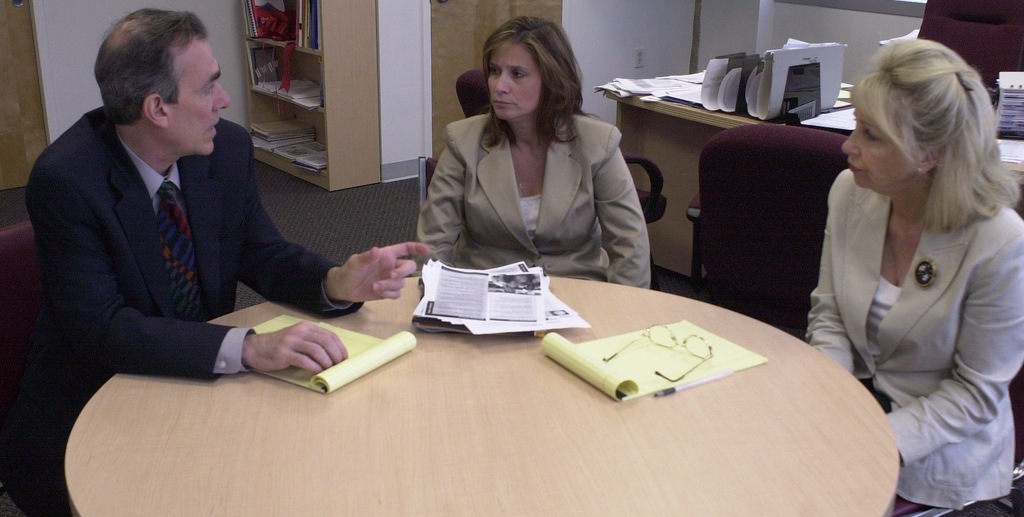Stopping kids from doing heroin
Three experts offer their advice to parents and communities
Final part in a series.
Why does anyone -- let alone a young person full of life -- start snorting or shooting heroin, an opiate known to cause near-instant addiction and possibly a lifetime of suffering?
That is one of the complex questions that have plagued Barry Wilansky, executive director of the drug-treatment agency Tempo Group, for nearly four decades.
Experts speak of gateway drugs. Pre-teens steal beers from their parents' refrigerators and sneak away to empty corners of their communities to get drunk. That can lead to marijuana, which can lead to prescription painkillers, which can lead to heroin. Peer pressure, of course, is often part of the equation. Kids just want to fit in, and they believe everyone around them is doing drugs.
At the same time, heroin is cheap -- it sells for as little as $5 per bag -- and is readily accessible. According to the National Survey on Drug Use and Health, nearly 30 percent of 12th-graders said that it's easy to get heroin, and almost 13 percent of eighth-graders said the same.
Wilansky has headed Tempo Group, with offices in Woodmere, North Merrick and Syosset, since the 1970s. For him there is an overarching reason that more and more young people are getting hooked on heroin, beyond the fact that it's en vogue and readily obtainable.
Society, Wilansky said, has lost its way. At the same time that kids' traditional support networks -- families, houses of worship, even neighborhoods -- are breaking down, drug makers and advertising agencies are sending an insidious message to young people: Salvation lies in little pills that do anything and everything, from relieve headaches to anxiety attacks to sleep disorders.
Head hurt? Take a pill. Feel nervous? Take a pill. Can't sleep? Take a pill.
According to Wilansky, kids, from the earliest ages, are taught that drugs are their friends, panaceas for all the ills -- and there are often many ills -- in their lives. And so it is little wonder that a growing number of teens -- many as young as 14 -- are using heroin and other drugs.
"There are billions spent on drug research and marketing," Wilansky said. "We don't spend 1 percent of the revenue on trying to understand drugs."

 50.0°,
Overcast
50.0°,
Overcast 




